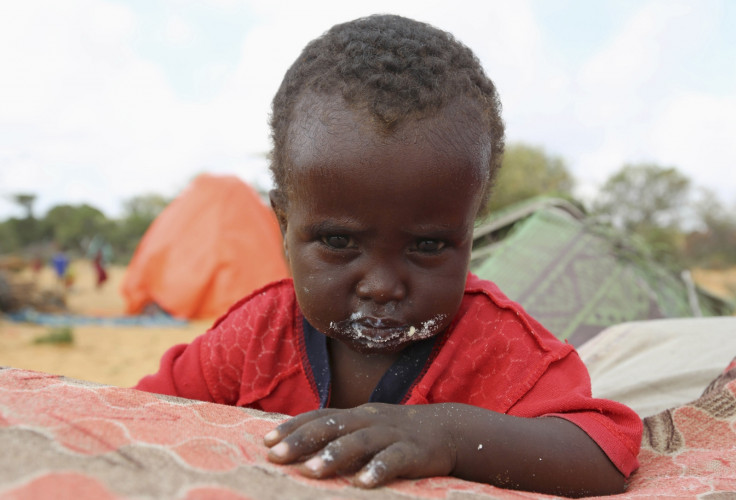Ethiopia capital Addis Ababa to host summit on global poverty

A global summit seeking to tackle poverty is scheduled to be held in Addis Ababa, Ethiopia, from 13 to 16 July.
The United Nations, the International Monetary Fund (IMF), the World Bank and finance ministry officials are meeting in New York to finalise an agreement for the third conference on "Financing for Development".
"The conference will result in an inter-governmentally negotiated and agreed outcome, which should constitute an important contribution to and support the implementation of the post-2015 development agenda," the UN says.
The summit will be attended by IMF chief Christine Lagarde, heads of state, business leaders and humanitarian groups. Pope Francis has committed to attend the Sustainable Development Goals Conference to follow up on the commitments from the Financing for Development process.
"These negotiations are critical for billions of people living in poverty," said Eric LeCompte, executive director of anti-poverty group Jubilee USA Network, which is involved in negotiating the Financing for Development outcome document.
"This is a rare opportunity to create a binding global plan to drastically diminish poverty in our lifetime."
The first summit was held in 2002 in Monterrey, Mexico, and it produced the "Monterrey Consensus", which laid out six areas of development financing.
The 2008 summit in Doha, Qatar, led to commitments from developed nations to continue assistance to developing nations. It also resolved to address a number of systemic global economic concerns that contribute to global poverty such as debt, trade and tax issues.
The upcoming summit will focus on domestic resource mobilisation, or supporting developing countries to raise more revenue in their countries.
Curbing corruption and tax evasion
"The Financing for Development outcomes can curb corruption, tax evasion and unsustainable debts in the developing world," noted LeCompte, who serves on UN expert groups that focus on global finance.
"If we succeed in changing tax, trade and debt policies, we can raise trillions of dollars to address poverty."
Poor countries often pay several times more on debt payments than what they receive in international aid.
Developing countries lose about $1tn (£640bn, €892bn) every year due to corruption, tax evasion and crime, hampering governments' ability to spend on developmental projects, according to research organisation Global Financial Integrity. The so-called "illicit financial flows" will also be discussed in the summit.
The summit is also expected to take a stance to standardise the United Nations Conference on Trade and Development's principles for responsible lending and borrowing, improving transparency and accountability in the budgets of countries.
"Adopting responsible lending and borrowing raises billions of dollars and costs nothing," LeCompte said.
© Copyright IBTimes 2024. All rights reserved.






